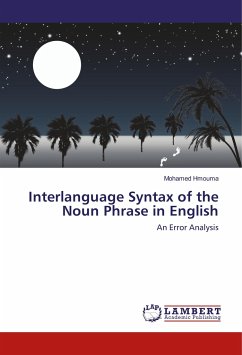Traditionally, the teaching of English pronunciation has been a marginalized, or indeed neglected, area in many English language teaching (ELT) programs despite the crucial role it plays in effective communication. In recent years, however, with the global spread of English as the means of international communication, there has been a growing recognition of the importance of pronunciation in the teaching and learning of English and its close link to other aspects of language learning, such as listening, speaking and vocabulary. Students as well as non-native English-speaking teachers (NNEST) place great importance on the mastery of English pronunciation, from which they can gain confidence, develop a greater sense of professional and linguistic competence and achieve greater intelligibility through the development of communicative skills in speaking, listening and vocabulary.With the emergence of paradigms of English as an international language (EIL), World Englishes (WE), English as a lingua franca (ELF) and the worldwide impact of the Common European Framework of Reference for Languages (CEFR) on foreign language learning/teaching, this study presents a critical survey of these areas expressing the author's own views on the specific issue concerned while incorporating the views of other scholars. The book deals with both traditional and most recent viewpoints in pronunciation teaching, such as the nature of learning to pronounce, the pedagogical aims and objectives of teaching pronunciation, the role of the teacher and the notion of "intelligibility", which is considered to be a highly controversial issue for international communication within the paradigms of EIL, ELF and WE. The 'Turkish-English Interlanguage Talk' has been dealt with as a case study proposing pedagogical recommendations particularly for the Turkish academics/teacher trainers and the student-teachers of English language teaching (ELT) in mind as English pronunciation teaching is a very much neglected area in the Turkish ELT today.
Bitte wählen Sie Ihr Anliegen aus.
Rechnungen
Retourenschein anfordern
Bestellstatus
Storno








